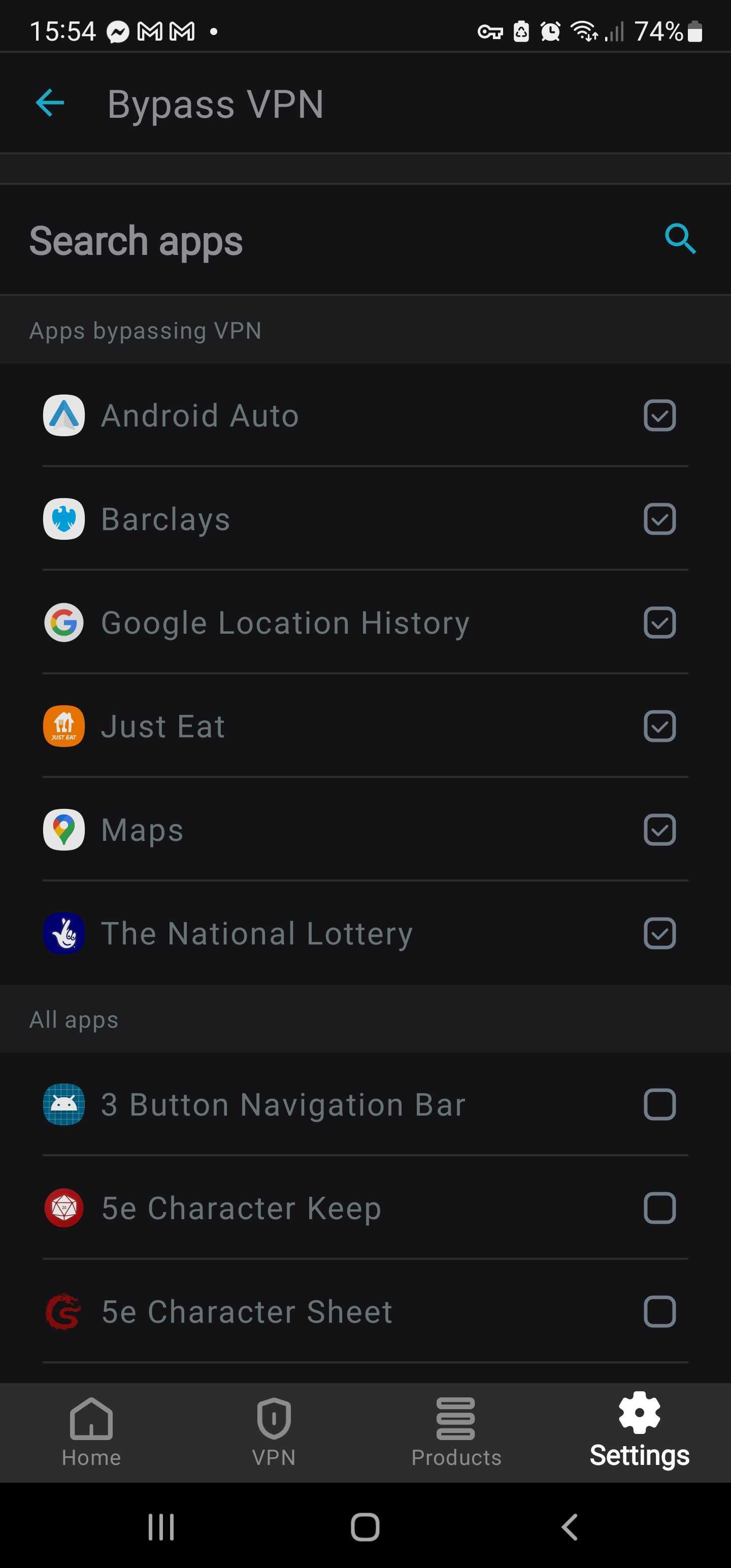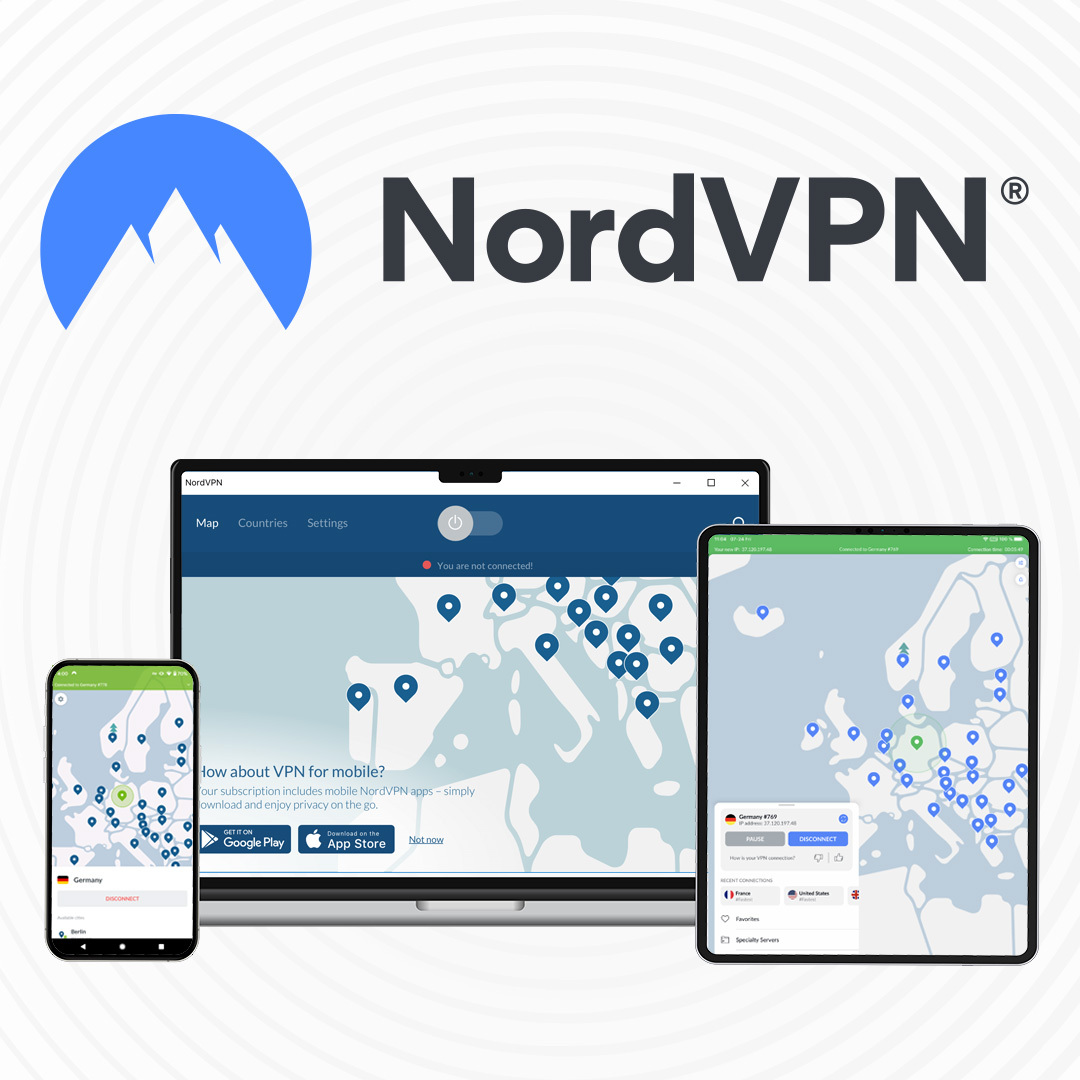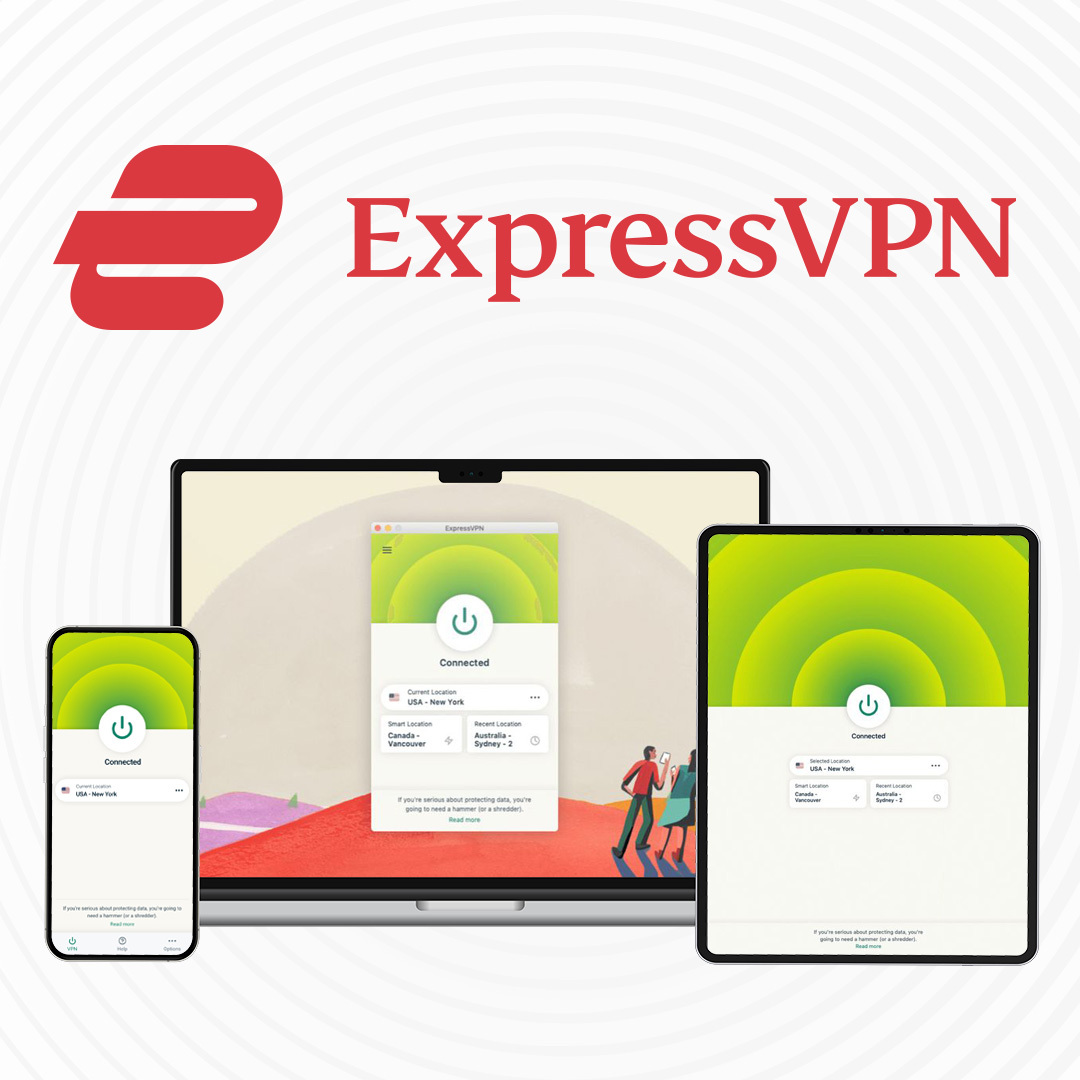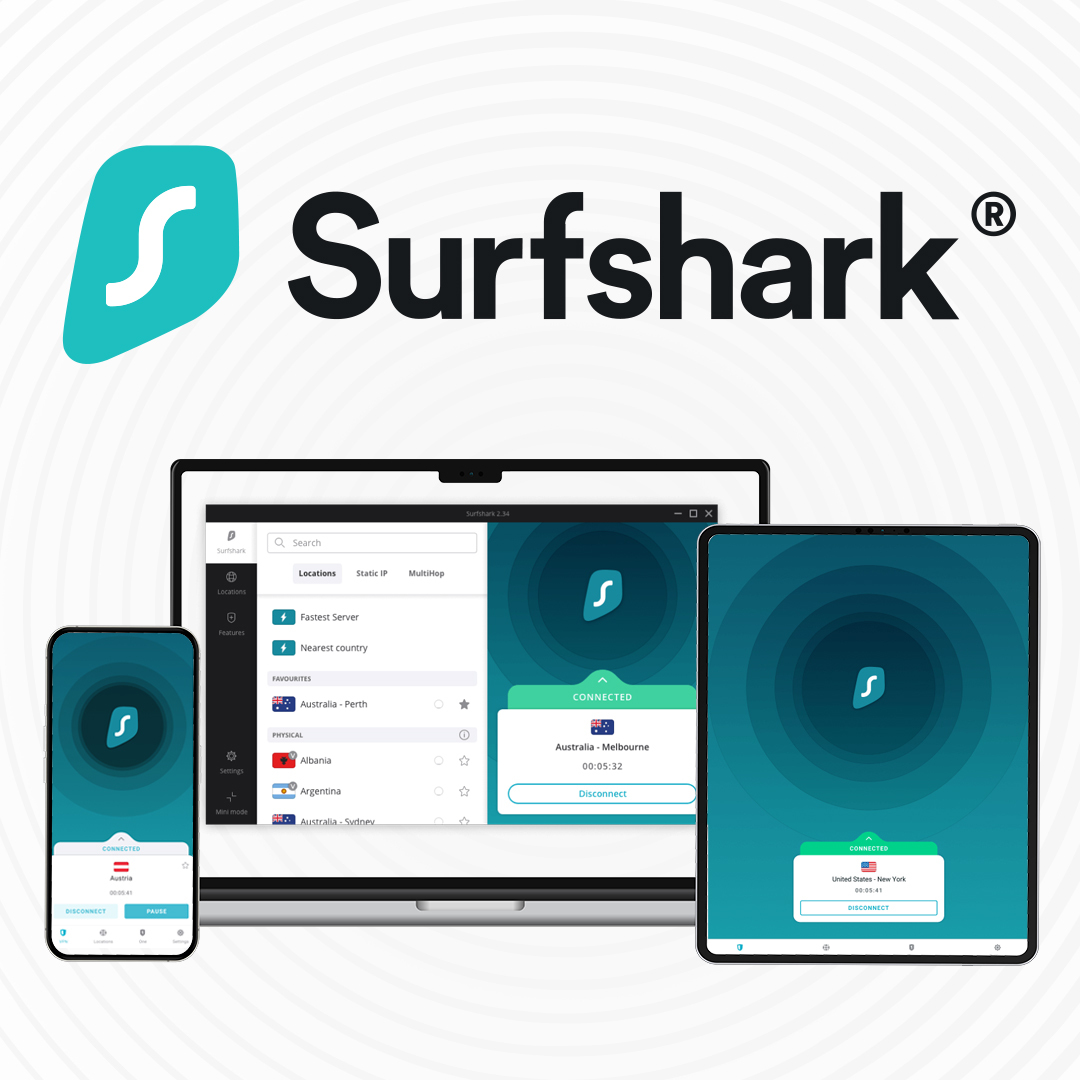Click here to visit Original posting
I never thought I'd need to deal with this. I've been using Android VPNs for years now, and after getting a new car, I wanted to hit the roads and blast some Sleep Token. As you can imagine, I hit something of a snag – Android Auto blocks your connection if it detects a VPN.
This means you, or whoever is in the passenger seat, will be fumbling around with your phone trying to disconnect from your VPN and then reconnecting your Bluetooth to get your connection back, just to listen to music or use Google Maps.
Android Auto blocking VPNs
Android Auto will completely block your connection if it detects a VPN connection, and what little support there is on this matter just tells you to disconnect from your VPN altogether. Sorry, Android, but I'm not sacrificing my privacy for such an inane and illogical reason.
This leads me to a question I have yet to genuinely answer: "Why does Android Auto block VPNs?" Surely it doesn't make sense to block a VPN when you're accessing your own car, and having a non-local IP address doesn't really matter because it's connecting via Bluetooth. I did see something claiming that it may be because it can't read the IP of your car's head unit, but that still doesn't make sense, given everything is passing to and from your phone.
My suspicion is that Google blocks VPNs because it can't harvest data when that data is encrypted. However, I suspect the real reason is more about Android just not caring about VPNs.
As frustrating as this is, there is something you can do about it.
How to fix Android Auto not working with a VPN
If you're sick of disconnecting your VPN to connect just to connect to your car, there's only one consistent solution: split tunneling. It's a process that routes specific apps outside of the VPN's encrypted tunnel. It's less ideal from a privacy perspective because, ideally, you'd want the connection to still be encrypted. But, it at least means you won't have to deal with that annoying red banner on your phone.
Here you can see Surfshark's Bypasser (split tunneling) menu on my Samsung Galaxy S24 Ultra.

It's pretty easy to set up split tunneling for Android Auto – just follow these three steps:
- Go to your VPN's settings and find the split tunneling settings.
- Find Android Auto and exclude it from the VPN tunnel (you may need to allow system apps to be visible).
- Use your phone, car, and VPN as normal.
VPNs that work with Android Auto
I always have a VPN running on my phone, and I've found these three to be the most reliable for Android Auto:

1. NordVPN - from $3.39 per month
The best VPN for Android
NordVPN is our top recommendation as the best VPN for Android users. Its apps are easy to use, and offer some of the fastest speeds around. If you want more than just a VPN that works with Android Auto, you'll also get the best streaming VPN on the market, too. You'll need to enable system apps when you're setting up your split tunneling. If you want to give it a go, but aren't sure about the cost, you can try it out risk-free with a 30-day money-back guarantee.View Deal

2. ExpressVPN - from $6.67 per month
The best VPN for beginners
ExpressVPN keeps things nice and simple, and I even worked with its engineers to get Android Auto and other system apps visible in its split tunneling menu when I first encountered this issue. I've never had a problem using ExpressVPN with Android Auto, but the consistency and convenience come with a hefty price tag. I'd recommend taking advantage of its 30-day money-back guarantee to see how it compares to NordVPN.View Deal

3. Surfshark - from $2.19 per month
The best cheap VPN
Surfshark is a perfect example of a premium product without a premium price tag. It's got tonnes of features for Android, and was actually the example I used for Express when I was showing how Android Auto split tunneling should be done. If you're using its GPS spoofing feature, you'll want to make sure you disable that before you try to use Google Maps in your car. I'm trying to convince them to integrate GPS split tunneling as well. Thankfully, Surfshark also offers a 30-day money-back guarantee so you can try before you buy.View Deal
Bottom line – I want my privacy
I can't see a logical reason why Android Auto would need to block VPN connections when it's connected to the phone through Bluetooth, and we shouldn't be punished or inconvenienced for investing in our privacy. I'd like to see Google removing this error altogether, and allowing VPN connections for Android Auto.